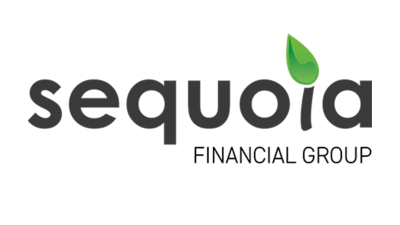Concern over misleading fund names



Major industry research houses have renewed their calls for legislation to be introduced to stop fund managers putting misleading names on their funds.
Standard and Poor’s (S&P) multi-sector head Andrew Yap said fund managers were continuing to name funds with titles that weren’t consistent with the asset mix of the fund, and it was endangering retail investors who didn’t have the ability to look through to the actual asset allocation of the fund.
“Naming protocols of funds is a legislative weakness. There’s no legislation stating what you can and cannot call a particular fund,” Yap said.
S&P was pushing managers hard to provide the research house with a name that accurately reflected its asset mix, Yap said.
It was becoming a more significant problem post-GFC when investors were concerned about investing in incorrect funds, he said.
Zenith Investment Partners director and joint founder David Wright (pictured) said they “almost” ignored the names of funds they rated and assessed the fund according to the category in which they thought it belonged.
Naming problems were a particular issue with diversified funds for Zenith, as different fund managers regarded ‘balanced’, ‘conservative’ or ‘growth’ labels in different ways according to their underlying asset mix, he said.
“It would be nice if there was a standard naming protocol for diversified funds, which to be honest I wouldn’t think is that difficult [to introduce],” Wright said.
Naming protocols has been an issue for the industry “forever”, he added.
Lonsec general manager of research Grant Kennaway said his company had been giving feedback to new fund managers that their products were not appropriately labelled.
Kennaway warned that fund managers needed to be careful about the consequences of misnaming funds, and that investors and advisers needed to be careful that the labels on the funds were accurate.
Global fund managers overseas, such as Barclays, have been fined in the past for naming funds in such a way that led investors to believe they were defensive or balanced funds, but then plunged in value during the GFC.
Lonsec, Van Eyk and Zenith all singled out imputation funds as contributing to this problem by being misleadingly named.
If they weren’t structured as imputation funds but had the label in their name it then became difficult to determine what classified as an imputation fund, Wright said.
But van Eyk chief executive Mark Thomas said it was the responsibility of financial planners and fund managers to explain to the client how the products worked.
It was up to the researchers to go beyond the name and identify the specifics or the nuances of the fund, he said.
“If you’re a researcher and you’re worth your salt you should be able to look underneath the name and tell your client what it’s about, that’s what we’re paid to do.”
Recommended for you
Centrepoint Alliance has overtaken Count as the second largest AFSL with more advisers in the pipeline and strong EBITDA growth predictions for FY2026.
ASIC has released an update to its regulatory guidance on managing conflicts of interest for financial services businesses on the back of its primate markets surveillance.
Sequoia Financial Group has flagged a series of non-cash impairments for the first half of FY26, citing exposure to Shield and First Guardian and provisions for potential professional indemnity insurance claims.
The Australian Wealth Advisors Group has completed two strategic investments, doubling its number of authorised representatives and increasing its FUMA by more than $1 million.










